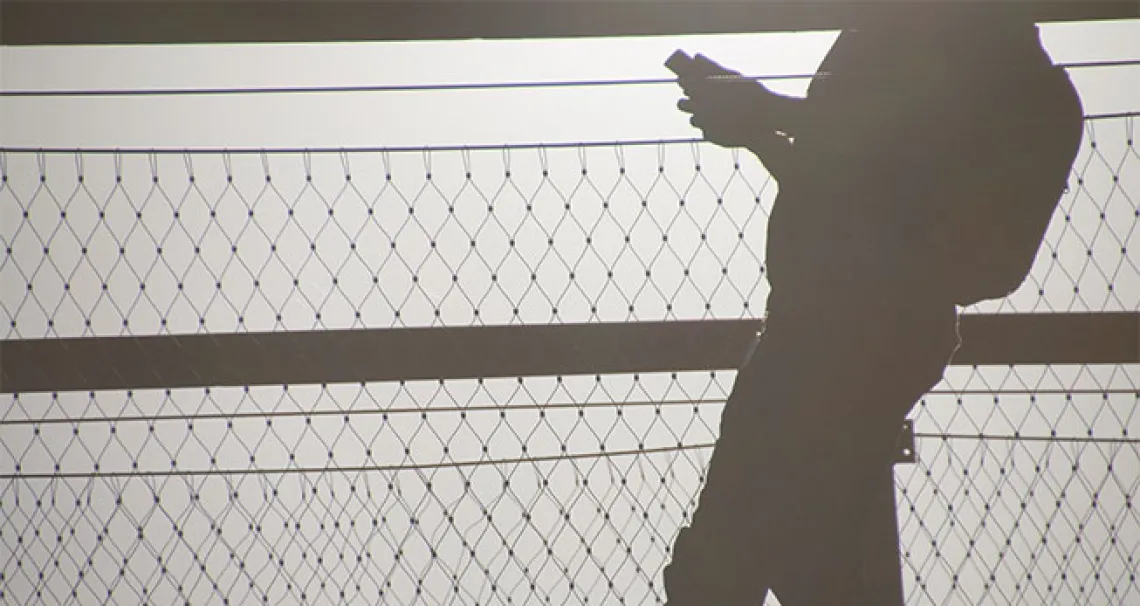Robertson Co-Authors Amicus Brief for Carpenter v. United States

University of Arizona Law’s Christopher Robertson, professor of law and associate dean for research and innovation, contributed to an amicus brief for Carpenter v. United States, a case that examines whether the warrantless seizure and search of historical cellphone records revealing a user’s location and movements is permitted by the Fourth Amendment.
Robertson, whose research includes empirical analysis of the criminal justice system, joined 14 colleagues from other law schools, including Northwestern University, University of California, Berkeley and the University of Michigan, in filing the brief in support of the petitioner, Timothy Carpenter. Carpenter was convincted of armed robbery based in part on cell-phone records from his service provider that showed he was in close proximity to multiple robbery locations.
The brief urges the Supreme Court to reverse the Sixth Circuit’s decision to allow the cell phone records. The authors argue that authorities violate the Fourth Amendment when law enforcement collects cell site location data without first obtaining a warrant.
“We hope that our data helps the Supreme Court understand how privacy has changed in the digital world,” says Robertson. “Our data shows that people feel passionately about the privacy of their data, and expect that the police respect that privacy just as much, or even more, than they respect privacy of their bedrooms or their phone calls.”
Currently, records held by third-party businesses— such as cellular phone companies—do not enjoy Fourth Amendment protection. Robertson’s research team tested 18 different police tactics, and found that this “third party doctrine” is not reflected in the privacy expectations of the broad public. Carpenter will help determine if the current terms for surveillance law will remain, be amended or drastically changed.
“It’s not an exaggeration to say that the future of surveillance law hinges on how the Supreme Court rules in the case,” wrote George Washington University Law School Professor Orin Kerr in a Washington Post op-ed about the case.
A date for argument has yet to be assigned for the case, but is listed under the Supreme Court’s upcoming October term.
